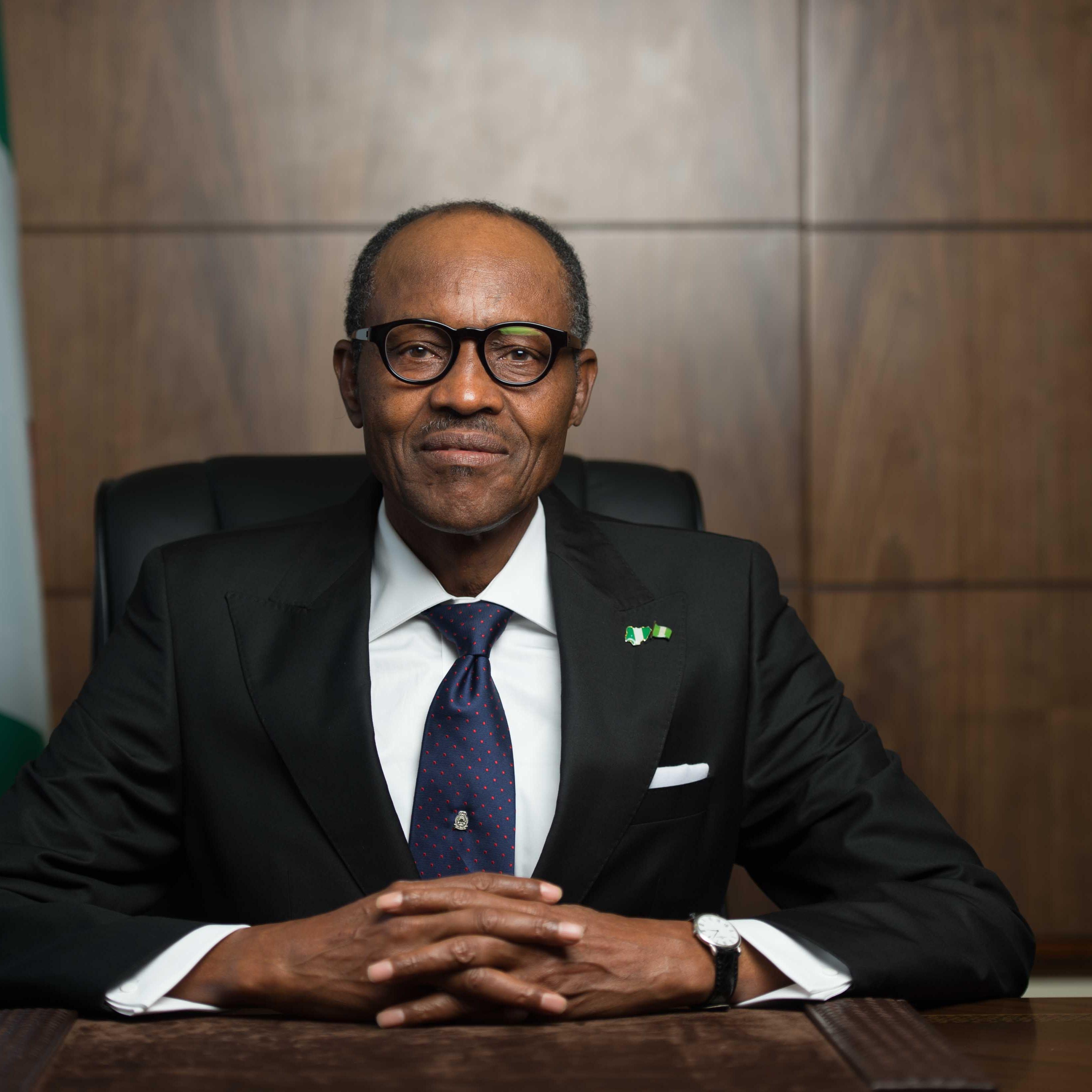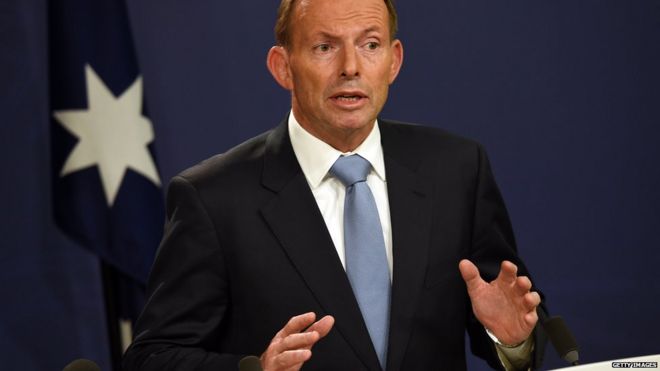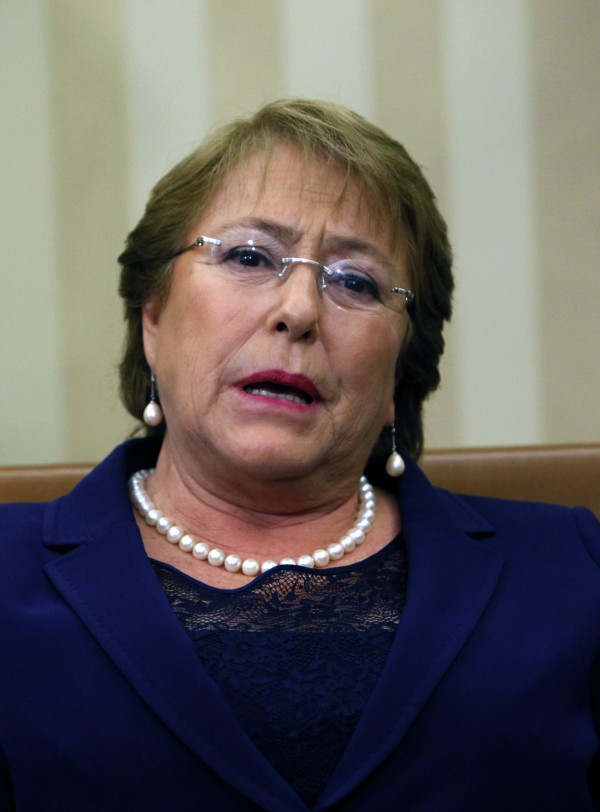By Tyler Campbell
Impunity Watch Reporter, Africa
NIAMEY, Niger – September 4, 2015 marked the 100th day milestone of Niger’s newly elected President Muhammadu Buhari. Buhari became the first president to ever beat an incumbent in Niger and did so with a majority, winning 54% of the vote. At the time of the election the optimism of what Buhari would do for the troubled country was high. These expectations were fueled by lofty promises made during the campaign. He had even released his own to do list as part of his campaign. Now that we are 100 days into his presidency it is time to check and see if people still share the same optimism for their country and if Buhari has made good on his promises.

During the election Buhari published an open letter to all Nigerians titled “My Covenant.” In this Letter he outlined a rather extensive list of things he pledged to accomplish, should he be elected. All these pledges fell into ten main categories.
– Fight Corruption – Offer Better Access to Justice for Human Rights
– Fight Insurgency and Insecurity – Fight Pollution on the Niger Delta
– Celebrate Diversity – Ensure Health and Education
– Improve the Power Grid – Shift from an Oil to an Agriculture Economy
– Spur Culture – Improve Social Equality
This list is rather all encompassing and seemingly could not be accomplished in just the first 100 days. These lofty goals mixed with high expectations of the newly elected president have left many disappointed and others cautiously optimistic about the rest of his term.
Although many are disappointed about how Buharis first 100 days have faired there are some notable achievements that should be highlighted. The first goal of fighting corruption throughout Niger has been actively pursued. The Nigerian anti-corruption group, the Economic and Financial Crimes Commission, was reinstated by Buhari and has begun what is sure to be a long investigation of the last administration. There have been many small steps in the fight against corruption but no big name convictions have been made.
There has also been noticeable improvement to the nations power grid. On August 25, the Transmission Company of Nigeria reported the nation had reached 4,810.7MW of power generation. This is a rather remarkable improvement from the average of 2,000MW the nation had experienced previously. There is still room for improvement. A nation the size of Niger will need well above 4800MW if all citizens are going to have access.
Aside form these and other improvements made with in Buhari’s first 100 days, one sticking point with Nigerians is the lack of an articulated, comprehensive economic plan. Buhari has met these criticisms by saying that damage done by previous administrations must be fixed before real economic growth can happen. This argument does makes a lot of sense. With good infrastructure, such as a rebuilt power grid and stabilized financing system, economic growth will have a much smoother path.
It seems the doubters may have some grounds to question the new administration. However, Buhari does seem to be making real change and is moving the nation in a positive direction. Hopefully these trends continue in his next 100 days.
For more information, please see:
CNN – Buhari’s first 100 days: Does Nigerian president mean business? – 4 September 2015
General Buhari’s Public Letter To All Nigerians – April 2015

